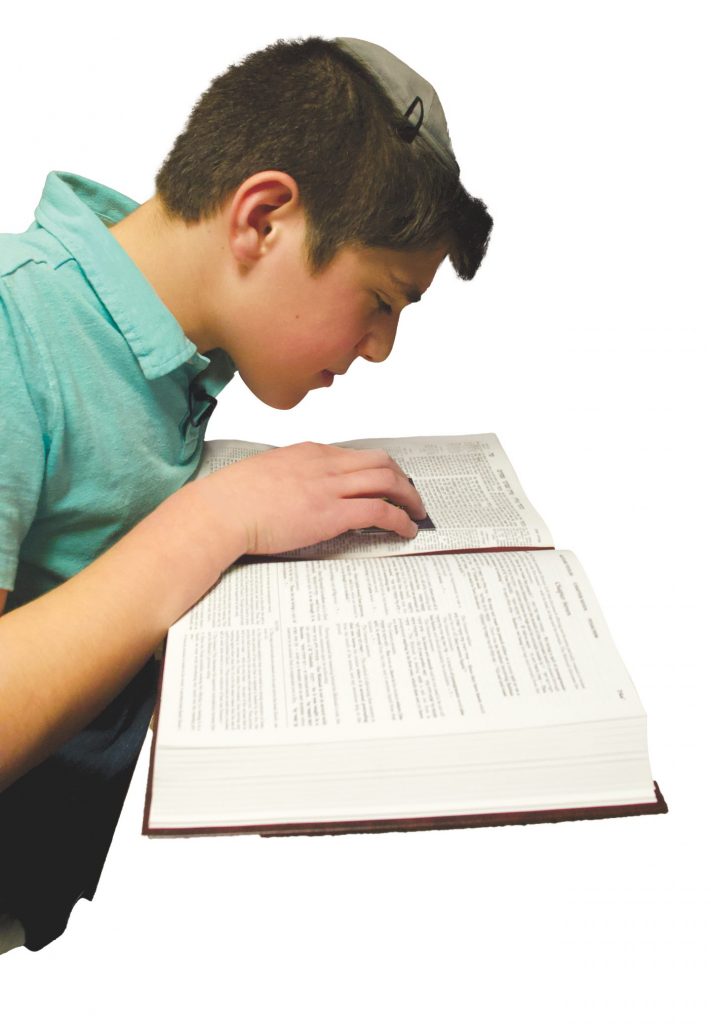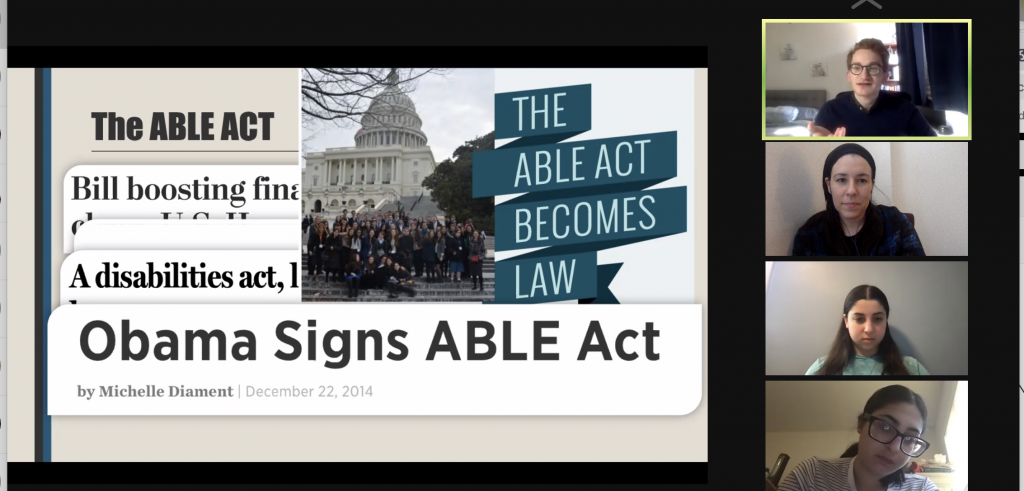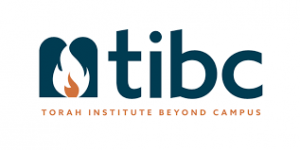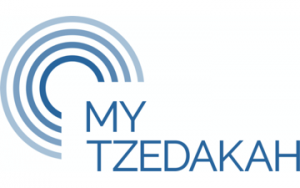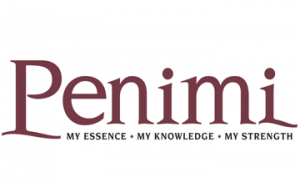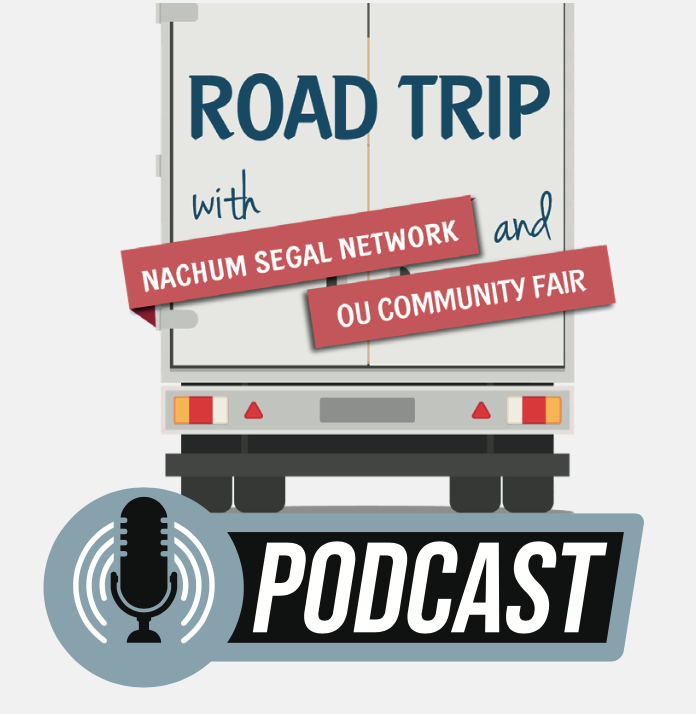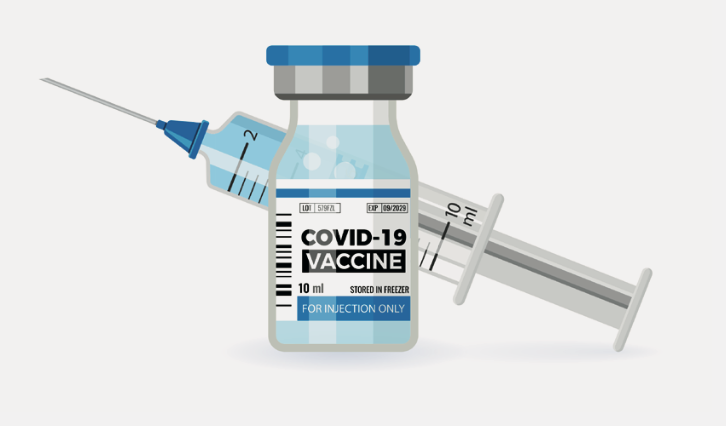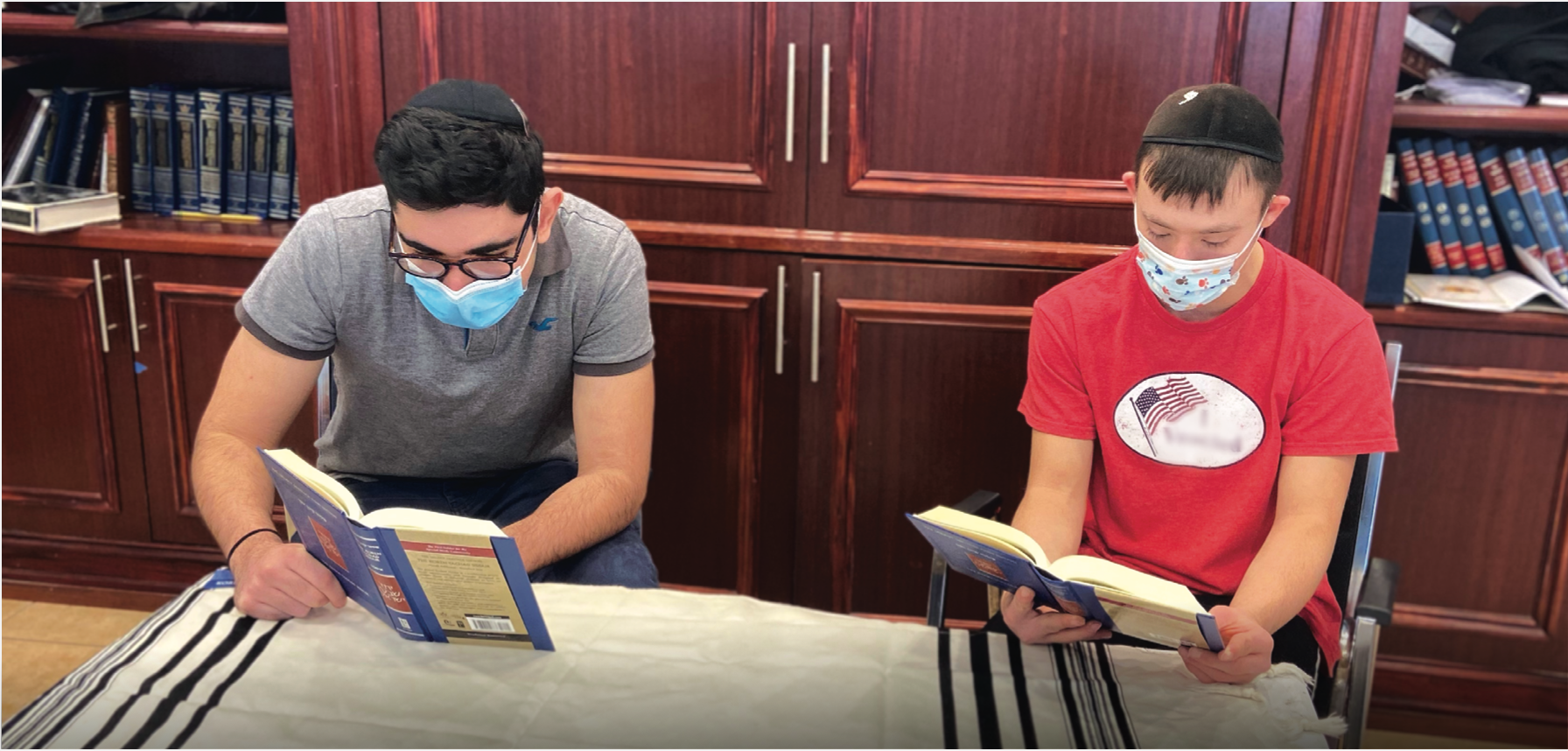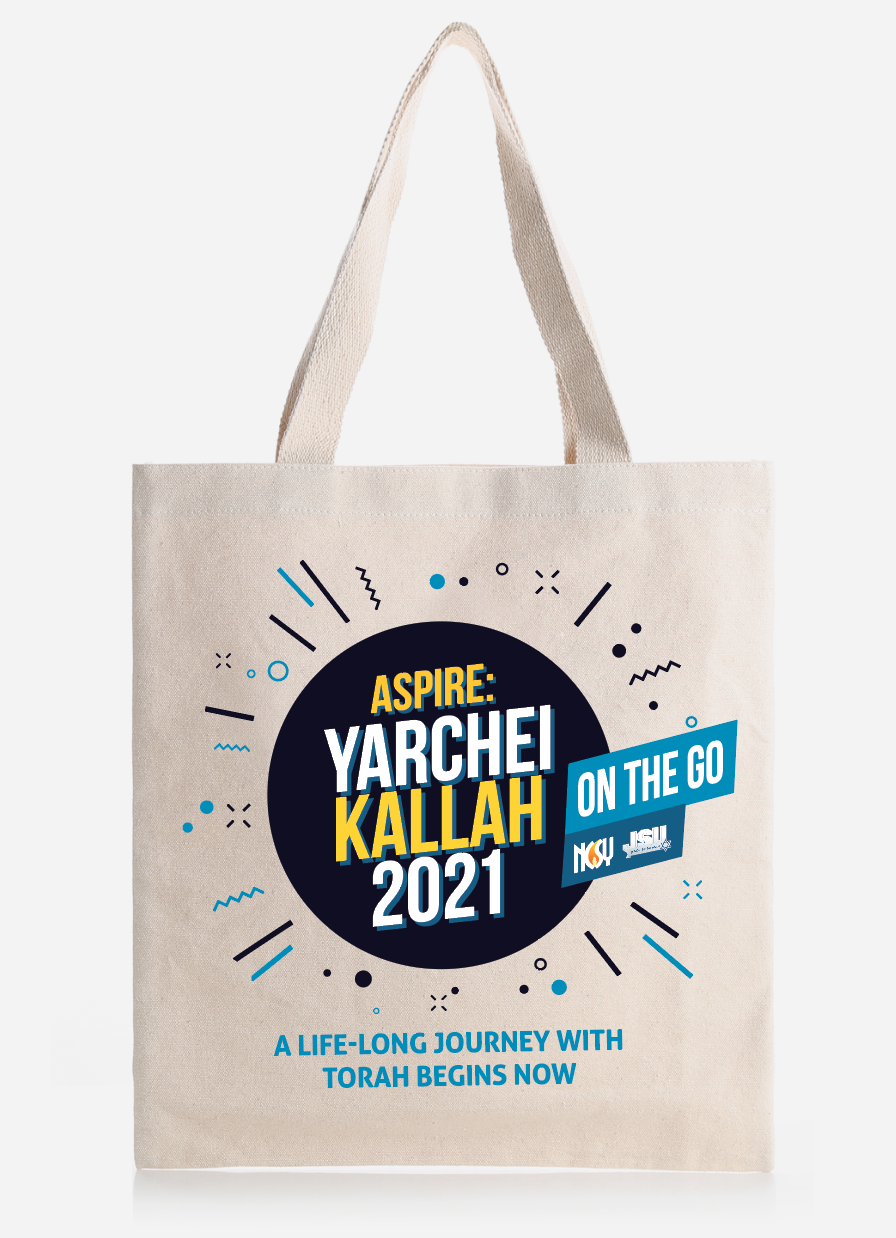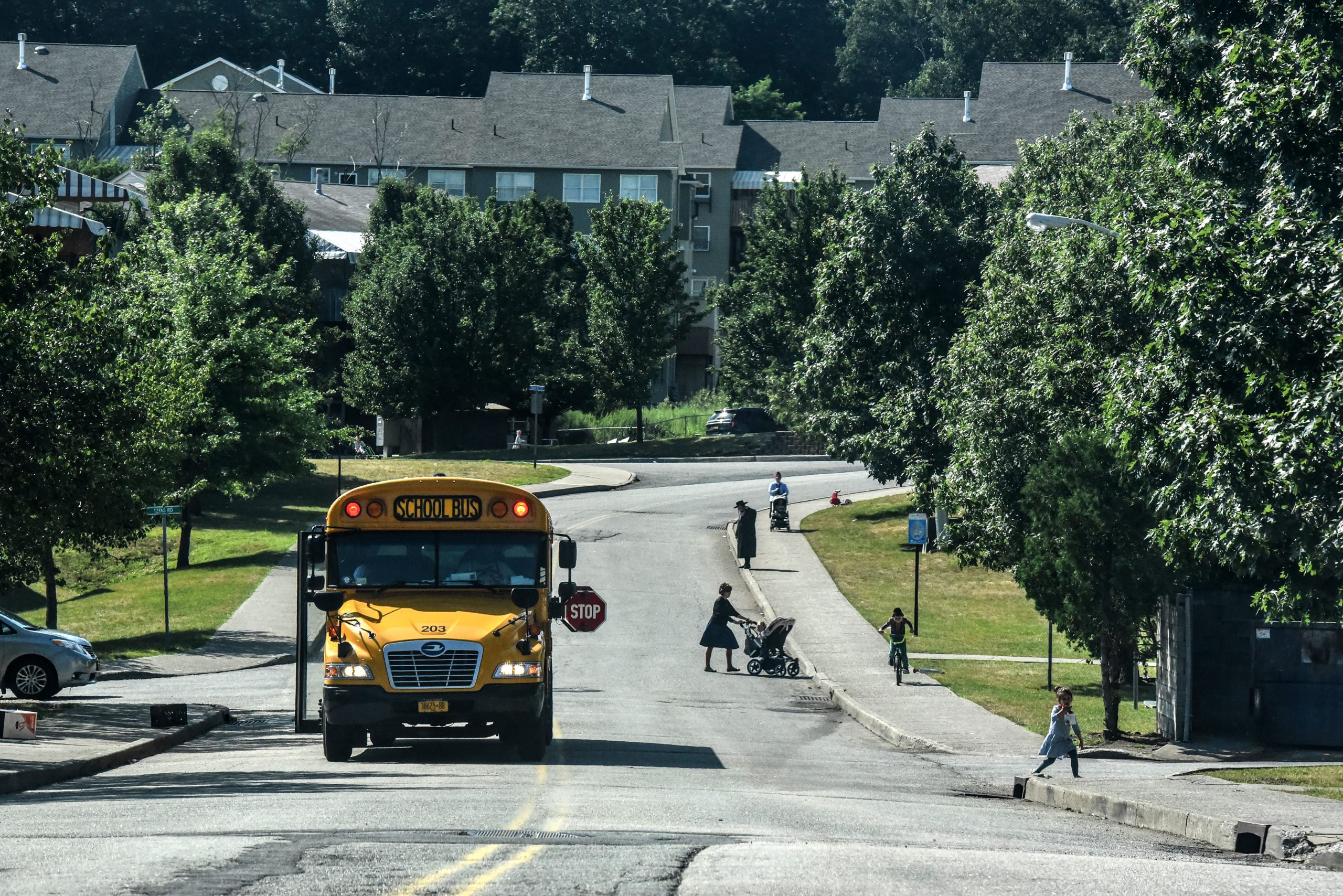Inside the OU – Summer 2021
Happenings Around the OU
Bar Mitzvah Boy Teaches Gemara
A bar mitzvah boy from Teaneck, New Jersey, has become a maggid shiur with the help of All Daf, the OU’s innovative Daf Yomi app.
Charlie Breda was inspired to take up Daf Yomi after attending the Siyum HaShas in January 2020 with his father and brother. He joined the Daf Yomi club at his school, Yeshivat Noam; when the school closed in March 2020 due to Covid, Charlie suggested to the club’s rebbe, Rabbi Rosalimsky, that they take the Daf Yomi club on Zoom. Due to time conflicts, Charlie took over the Zoom shiur from his rebbe and began leading a daily daf shiur for his friends, using the OU’s All Daf app to prepare the material.
All Daf staff learned of Charlie’s achievements when Charlie messaged his story to the All Daf team.
“It’s a remarkable story of a regular kid relentlessly pursuing the seemingly impossible,” said All Daf Director Rabbi Moshe Schwed. “It’s stories like these that remind us of the reason we created and invest in All Daf: to enable more people to access quality shiurim from wherever they find themselves in the world.”
NCSY Israel Remembers the Holocaust
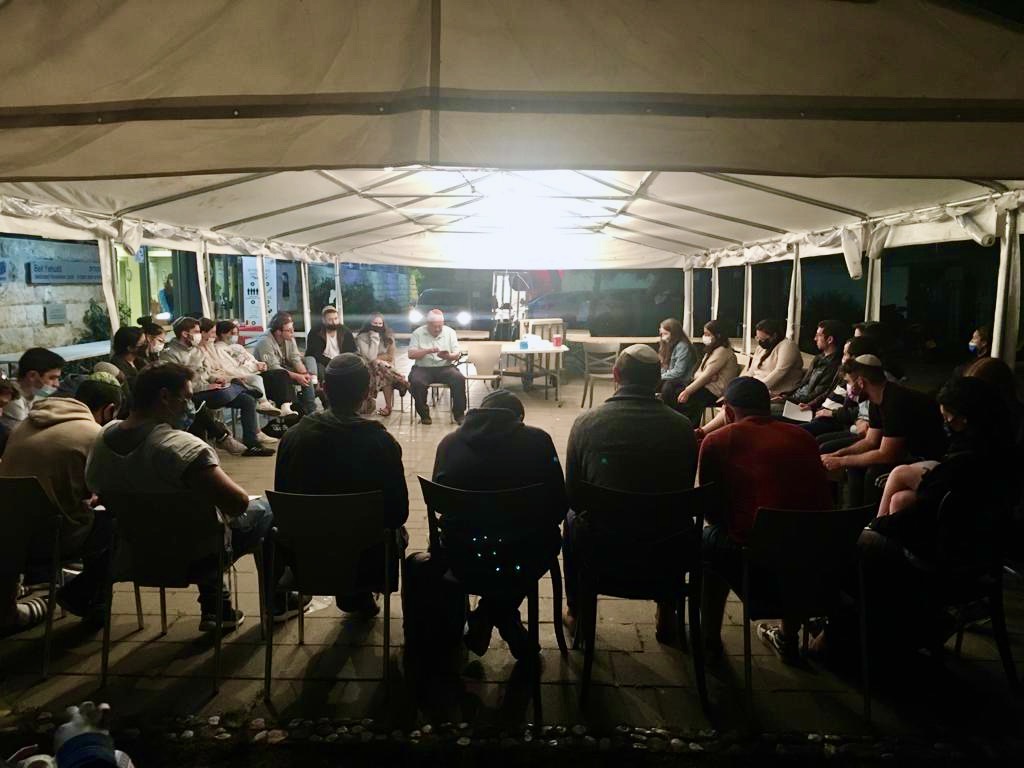
NCSY Israel teens participate in a Yom HaShoah poetry workshop in Jerusalem. Courtesy of Gaby Novick
This past spring, dozens of NCSY Israel teens and staff participated in two events marking Yom HaShoah.
The first event, a poetry workshop held at the Ginot Ha’Ir Community Center in Jerusalem, had teens writing about the Holocaust. The workshop is part of “Creating Memory,” an arts-based initiative for Holocaust education founded by Marty Herskovitz that enables students to connect to the Holocaust through the creative arts. Herskovitz, who sponsored the event, addressed the teens, who were then encouraged to write poetry both individually and in small groups after which they presented their work.
“The ‘Creating Memory’ Holocaust poetry event was an incredible way for teens to use their tools to connect to the past and bring it to their future,” said Rabbi Yosef Ginsberg, Co-Regional Director of NCSY Israel.
Additionally, NCSY Israel held a smaller, more intimate virtual event with Holocaust survivor Meir Lowenberg. The event was part of the “Better Together in a box” program, which pairs together young and older Jews for meaningful interactions.
During the event, Lowenberg told the story of how he escaped Germany during the early stages of World War II with his family. Teens led the discussion and asked questions to learn more about his experiences.
“It was a uniquely meaningful and personal event since Meir is one of the senior mentors of the Better Together in a box program, and our teens have been getting to know him over the course of the year,” said Gavriel Novick, Director of Development for NCSY Israel. “I think it created a really impactful Yom HaShoah for our teens.”
Making Inclusion Ambassadors
Nearly forty teens from across the US joined Yachad this past February, coinciding with Jewish Disabilities Awareness and Inclusion Month (JDAIM), for two virtual seminars of inclusion training. Participants who attended the courses, which focused on making Jewish communal life more inclusive for individuals with disabilities, received certificates marking them as “inclusion ambassadors.”
“Our sages teach us that ‘Kol Yisrael arevim zeh lazeh’ (‘We are all responsible for each other’) and Yachad’s inclusion ambassador training program is an incredible way to meaningfully educate and empower our teens in order to make our communities more open and inclusive. These young people are our communal leaders of tomorrow,” said OU Executive Vice President Rabbi Moshe Hauer.
Supporting Innovation
Six innovative Jewish nonprofit startups, selected from a pool of fifty-one applicants, have joined the Impact Accelerator’s Cohort III, a year-long program built on mentorship-based growth and early-stage funding. The nonprofits address a range of issues impacting the Jewish community.
“The organizations we chose for the Third Cohort are dedicated to finding solutions and opportunities for our community at a time when we need to be thinking about new and creative solutions,” said Impact Accelerator Director Jenna Beltser.
Lasting Kindness: stemming the rise in cremation amongst American Jewry through awareness, education and practical assistance
Torah Institute Beyond Campus: a virtual beit midrash for college students
My Tzedakah Fund: a tzedakah subscription service
ATARA—the Arts & Torah Association for Religious Artists: a network of Torah observant female creative and performing artists
City of Gold by Torah Live: an educational platform for children to craft their own journey through Torah learning and gamification, and by doing so, provide donations to the poor of Jerusalem
Penimi: confronting contemporary challenges facing Jewish youth who are growing up in the digital age
Cohort I Recognized with Slingshot Awards
Two member ventures of the OU Impact Accelerator’s Cohort I—GrowTorah and Work At It—earned the distinction of being listed on Slingshot’s “10 to Watch” list, which names organizations and projects in North America that are making positive change and responding to current and timely needs.
Meet Jewish Communities in New Podcast
In advance of the much-anticipated OU Jewish Community Home Relocation Fair, scheduled to be held virtually in the winter of 2022, the OU Department of Community Projects and Partnerships has partnered with the Nachum Segal Network for a new podcast called “Road Trip.” Highlighting Jewish communities around the US, the podcast features community leaders and residents who discuss the amenities, schools, job opportunities and housing prices in their community. The podcast is set to run for twelve weeks and will highlight over twenty communities, from Las Vegas to West Hartford.
“It has been challenging for people to go out and visit communities because of the pandemic,” said Rebbetzin Judi Steinig, Senior Director, Department of Community Projects and Partnerships. “With this podcast, future relocators can get a glimpse of the communities in which they are interested and discover their unique features.”
For more information about the podcast and the upcoming virtual fair, visit ou.org/fair.
Making Vaccines a Priority
OU-JLIC’s Killing Covid with Kindness
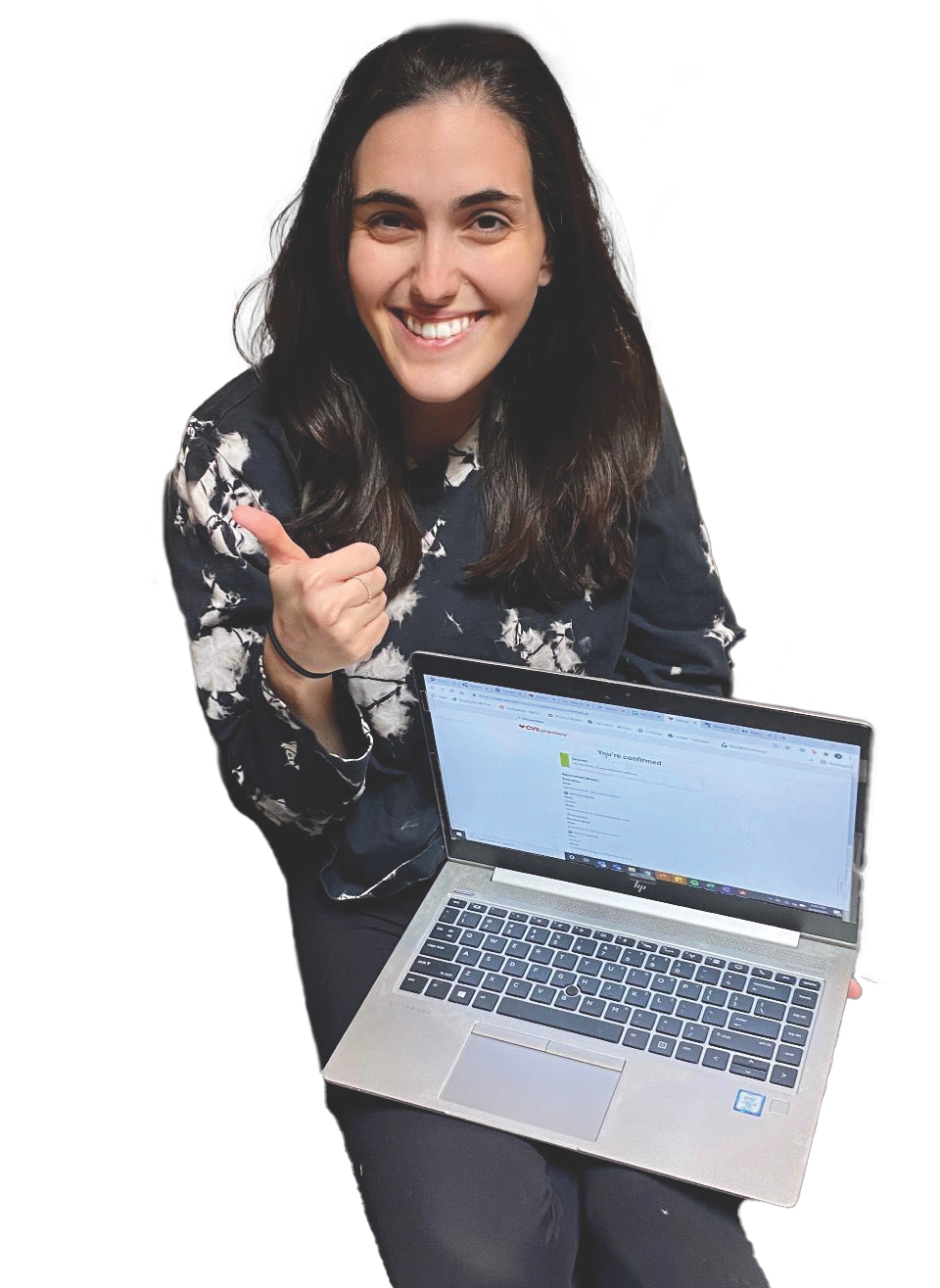
Jenn Gold, a young professional volunteering for OU-JLIC Downtown’s “Killing Covid with Kindness” program.
Since the start of the pandemic, the OU’s Heshe and Harriet Seif Jewish Learning Initiative on Campus (OU-JLIC) “Killing Covid with Kindness” campaign has connected hundreds of students with volunteer opportunities, from grocery shopping to delivering meals to calling lonely elderly individuals. The arrival of vaccines in New York in December brought a complex online appointment and registration process that is particularly challenging for seniors. Under the leadership of Co-Director of OU-JLIC Downtown Rabbi Joe Wolfson, a group of students, alumni and young professionals have assisted over 500 people in registering for vaccine appointments. The effort has also been replicated by the OU-JLIC at Princeton University.
For assistance in finding a vaccine appointment, go to bit.ly/let-us-get-you-a-vaccine-appointment.
Teach New Jersey Helps Teachers Get Vaccinated
Following a robust campaign throughout February, in March Teach New Jersey’s activism successfully gained vaccine prioritization for New Jersey’s teachers, support staff and childcare workers. In addition, Teach New Jersey secured vaccine appointments for hundreds of yeshivah and day school educators and school staff across New Jersey.
“I received an email [from Teach NJ] in the afternoon, and by 8:00 PM that day, I had an appointment,” said Chaya Kahn, a learning specialist at Hillel Yeshiva in Open Township, New Jersey.
“[Teach NJ] saved me a lot of headache, and made sure that everyone who signed up was scheduled. They really cared about making this happen,” said Yocheved Klein, who works at YBH of Passaic, New Jersey.
Learning Tefillah with Yachad
Following the recent launch of the Koren Yachad Siddur, Yachad has introduced the Yachad Siddur Initiative. Each Monday a Zoom shiur introduces participants to a particular part of tefillah, followed by an activity related to the topic. For example, after learning about Birchot HaShachar with Rabbi Binyamin Blau, Rabbi of the Green Road Synagogue in Cleveland and Rosh Yeshivah at Fuchs Mizrachi School, participants played a Jeopardy-style game about the Morning Blessings. In partnership with OU-JLIC and NCSY, the program pairs Yachad participants with chavrutot (study partners) for virtual tefillah learning using the Sruly App, a secure communications app for those with special needs.
“Every Jew should be afforded the opportunity to deeply connect to Hakadosh Baruch Hu,” said Rabbi Shay Schachter, Rosh Beit Midrash at Young Israel of Woodmere in New York and Posek for Yachad. “This endeavor enriches and elevates the communal experience of tefillah, enabling even more members of the Jewish community to connect in a most meaningful way.”
To join, watch previous shiurim or learn more about the program, visit yachad.org/siddur.
Bringing Torah Learning to Teens
Aspire: Yarchei Kallah, NCSY’s signature weekend Torah learning retreat held each winter, is a high point of the NCSY calendar. Since an in-person event was not possible this year, NCSY reinvented the program for 2021, launching Aspire: Yarchei Kallah On the Go. Held in February, over 2,000 teens took part in the six-week virtual program of chavruta learning.
In late January, teens signed up to either choose their own chavruta or have NCSY pair them with a partner for the learning event. Teens from twenty-six US states and five Canadian provinces participated. Following the launch event, they partook in different challenges with prizes to keep them engaged in their learning, including posting a thirty-second summary of something they learned to social media, an essay contest about what the program meant to them, and more.
“Whereas prior to the pandemic we were limited by capacity restraints, travel costs and a teen’s ability to devote a full week to the program, this year we were able to open the event up to teens everywhere and impact even those who might have limited available time to devote each day to learning,” said NCSY Education Director Rabbi Dovid Bashevkin.
Women in Action
Empowering Women’s Voices
Reaching women of all ages and stages of life is an integral part of the mission of the OU Women’s Initiative (WI). Two recent programs launched by the WI this year are perfect illustrations of this mission in action.
The Art of Speaking
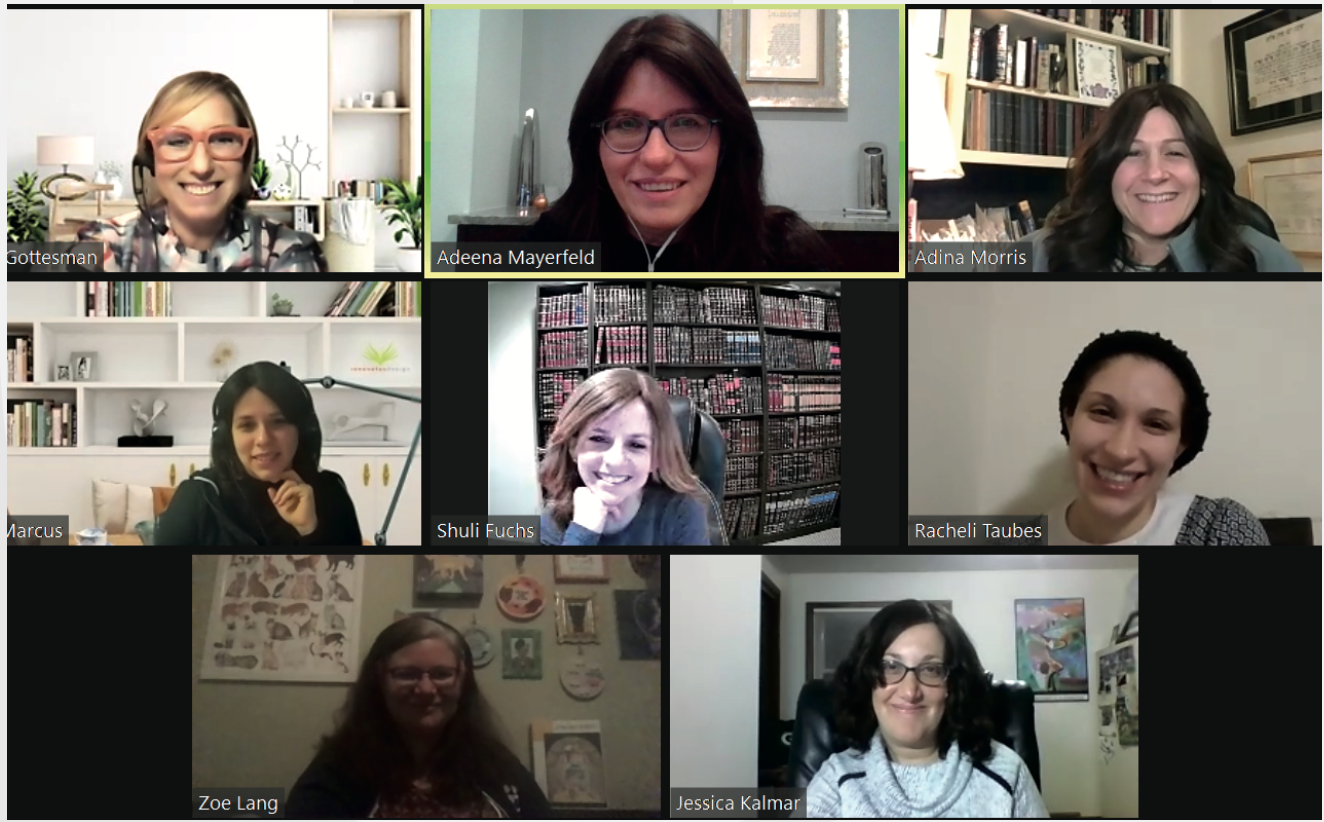
“Art of Speaking” participants at a small group coaching session led by Barbara Gottesman (top left), executive coach and speaker trainer.
A three-month-long seminar launched by the WI in January, “The Art of Speaking” provided virtual advanced public speaking training to sixty female lay leaders in North America and Israel. The women participated in both large and small group coaching sessions with Barbara Gottesman of BGCoaching & Consulting, an executive coach and speaker trainer based in Silicon Valley.
At the end of the program, every participant presented a five-minute talk on a topic of her choice. Following the seminar’s completion, WI invited graduates of the program to serve as presenters for the annual “Counting Toward Sinai” pre-Shavuot series, putting the skills they learned to use.
“I don’t know who got more out this, me or them,” remarked Barbara. “This is a group of impressive and empowered women who have the ability to make changes in this world for the better—and I am humbled to have played even a small part in helping them get there.”
InfluenceHER
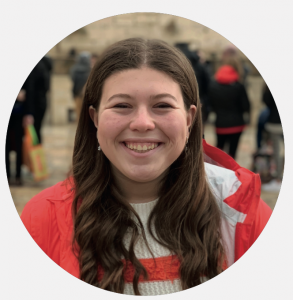
Meira Ives, a junior at YULA Girls High School in Los Angeles, originated the concept of InfluenceHER.
A monthly virtual program for eleventh and twelfth grade high school girls launched in March, “InfluenceHER” introduces students to Orthodox Jewish women who are making an impact on the Jewish community and the world at large in their own unique ways. The program, sponsored by the Gindi family of Los Angeles, was proposed to the WI some months ago by Meira Ives, a junior at YULA Girls High School in Los Angeles, who feels strongly about the need to produce content that highlights women role models in the Jewish community.
Since its launch, over 150 students from fourteen schools in the US and Canada, from Dallas to Vancouver to Palo Alto to South Florida, have joined the program. Presenters have included Olympic-qualified runner Beatie Deutsch; US ping pong champion Estee Ackerman, OU Board Member and President of the Teaneck Mikvah Nomi Rotblat and Director of Outreach for the National Association of Chevra Kadisha Rebbetzin Yael Davidowitz.
Advocacy Wrap-up
OU Advocacy Scores Historic Wins for Jewish Community in Latest Covid Relief Packages
Over the past year, the OU Advocacy Center has worked tirelessly with allies in Congress under two presidential administrations to craft key provisions in each of the three major federal pandemic relief packages signed into law. These measures provide billions of dollars for America’s Jewish community and charitable organizations nationwide to weather the economic hardships wrought by Covid-19.
In March, the OU Advocacy Center welcomed the passage of the latest such legislation, the American Rescue Plan Act (ARP). In addition to ensuring the inclusion of several provisions that will substantially benefit the Jewish community—expanding availability of Paycheck Protection Program (PPP) loans, extending unemployment insurance payments, and providing funding for Covid vaccine distribution, among others—the ARP marked the second time in just a few months that OU Advocacy succeeded in working with allies in Congress to secure $2.75 billion for Jewish and other nonpublic K-12 schools to address Covid-related costs and impact.
Just three months earlier, OU Advocacy led the drive to ensure that the second major relief package passed in 2020 created a $2.75 billion fund to help day schools survive the pandemic—two rare set-asides of direct federal funding that will provide nonpublic schools a total of $5.5 billion this year.
The first relief package (CARES Act), passed in March 2020, also included emergency appropriations for Jewish organizations and charities.
OU Advocacy Executive Director Nathan Diament explained that part of the success in achieving so much assistance for nonpublic schools came from the strong alliance the OU formed with the US Conference of Catholic Bishops and other major nonprofit organizations.
“The challenges faced by Jewish and other nonprofit institutions are unprecedented, and we are very grateful to Congress, the Biden Administration and the previous Trump Administration for responding with these historic measures,” Diament said. “As we begin to assess the pandemic’s impact on America’s Jewish day schools, synagogues, community centers and other charitable organizations during the past year, we are mindful that our work isn’t yet over. We remain as committed as ever to advocating for the welfare and health of our entire community.”
New Positions & Promotions
Welcome to . . .
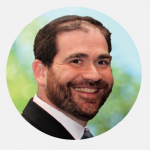 . . . Rabbi Moshe Isenberg, National Director of Major Gifts, NCSY. In this role, Rabbi Isenberg will seek to expand NCSY’s donor base and assist regions in pinpointing new donor opportunities. Rabbi Isenberg returns to the OU after serving as the CEO of Evergreen Insurance Agency for the past five years. Prior to that position, he served as Director of NCSY’s Midwest region for sixteen years. Rabbi Isenberg holds an MBA from Loyola University Chicago.
. . . Rabbi Moshe Isenberg, National Director of Major Gifts, NCSY. In this role, Rabbi Isenberg will seek to expand NCSY’s donor base and assist regions in pinpointing new donor opportunities. Rabbi Isenberg returns to the OU after serving as the CEO of Evergreen Insurance Agency for the past five years. Prior to that position, he served as Director of NCSY’s Midwest region for sixteen years. Rabbi Isenberg holds an MBA from Loyola University Chicago.
Congratulations to . . .
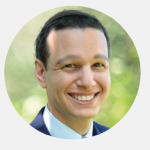 . . . Rabbi Naftali Herrmann, on his promotion to Executive Director of the Karasick Department of Synagogue Initiatives. He will work alongside current National Director Rabbi Adir Posy to develop and manage the department’s leadership initiatives, resources and programs. Rabbi Herrmann was Southeast Regional Director for the OU Department of Synagogue and Community Services for the past six years, and has been with the OU for over a decade. He holds a master’s in social work from Yeshiva University’s Wurzweiler School of Social Work.
. . . Rabbi Naftali Herrmann, on his promotion to Executive Director of the Karasick Department of Synagogue Initiatives. He will work alongside current National Director Rabbi Adir Posy to develop and manage the department’s leadership initiatives, resources and programs. Rabbi Herrmann was Southeast Regional Director for the OU Department of Synagogue and Community Services for the past six years, and has been with the OU for over a decade. He holds a master’s in social work from Yeshiva University’s Wurzweiler School of Social Work.
. . . Rabbi Phil Karesh, Rabbi Simon Taylor, and Rebbetzin Judi Steinig, who have been named as the leadership of the new OU Department of Community Projects and Partnerships. Established with the vision of OU Executive Vice President Rabbi Moshe Hauer, this new department strives to enhance Jewish communal life by partnering with community leaders, experts and organizations to confront ongoing communal challenges.
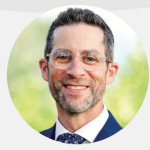 Rabbi Karesh, Executive Director, previously served as Midwest Regional Director of OU Synagogue and Community Services, following nearly a decade as an educator with NCSY. He obtained semichah from Yeshiva University in Israel, is a certified mohel, and earned a master’s in education from Loyola University Chicago.
Rabbi Karesh, Executive Director, previously served as Midwest Regional Director of OU Synagogue and Community Services, following nearly a decade as an educator with NCSY. He obtained semichah from Yeshiva University in Israel, is a certified mohel, and earned a master’s in education from Loyola University Chicago.
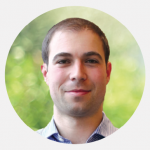 Rabbi Taylor, National Director, has been part of the NCSY leadership team for the past six years, having served as Regional Director of New England NCSY and subsequently as the Regional Director of Outreach for New York NCSY. Raised in London, he held several communal positions including serving as an army chaplain and obtained semichah in both England and Israel.
Rabbi Taylor, National Director, has been part of the NCSY leadership team for the past six years, having served as Regional Director of New England NCSY and subsequently as the Regional Director of Outreach for New York NCSY. Raised in London, he held several communal positions including serving as an army chaplain and obtained semichah in both England and Israel.
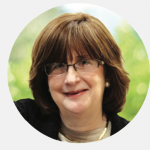 Rebbetzin Steinig, Senior Director, most recently served as Director of Community Engagement for the OU Department of Synagogue and Community Services, providing resources for communal growth and programming to communities throughout North America. Rebbetzin Steinig holds a master’s in leadership from Bellevue University.
Rebbetzin Steinig, Senior Director, most recently served as Director of Community Engagement for the OU Department of Synagogue and Community Services, providing resources for communal growth and programming to communities throughout North America. Rebbetzin Steinig holds a master’s in leadership from Bellevue University.
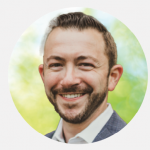 . . . Solly Hess on his appointment to Chief Development Officer, Southern NCSY. In this role, he will be responsible for overseeing the regional fundraising team, the strategic growth of the region’s annual campaign and direct solicitation of major gifts. Most recently, Solly served as OU Director of Institutional Advancement, West Coast, and he holds an MBA from Pepperdine University.
. . . Solly Hess on his appointment to Chief Development Officer, Southern NCSY. In this role, he will be responsible for overseeing the regional fundraising team, the strategic growth of the region’s annual campaign and direct solicitation of major gifts. Most recently, Solly served as OU Director of Institutional Advancement, West Coast, and he holds an MBA from Pepperdine University.
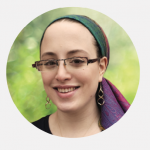 . . . Sara Goldberg on her promotion to Associate Editor of Jewish Action following five years as the magazine’s Assistant Editor. The title reflects an expansion of her role, which includes the development and editing of the “Inside the OU” and “Inside Philanthropy” sections, and managing Jewish Action’s digital presence. Sara holds a bachelor’s in English Creative Writing from Stern College for Women.
. . . Sara Goldberg on her promotion to Associate Editor of Jewish Action following five years as the magazine’s Assistant Editor. The title reflects an expansion of her role, which includes the development and editing of the “Inside the OU” and “Inside Philanthropy” sections, and managing Jewish Action’s digital presence. Sara holds a bachelor’s in English Creative Writing from Stern College for Women.
New from OU Press
Foundation of Faith: A Tapestry of Insights and Illuminations on Pirkei Avot Based on the Thought and Writings of Rabbi Norman Lamm
Edited by Rabbi Mark Dratch
OU Press and Ktav Publishing House
The latest volume in Rabbi Norman Lamm’s growing library of works consists of his penetrating reflections on Pirkei Avot. Published posthumously in memory of Rabbi Lamm and his wife Mindella, who passed away last year, as well as their late daughter Sara, who died prematurely in 2012, the volume was edited with loving care by Rabbi Lamm’s son-in-law Rabbi Mark Dratch. The “insights and illuminations” contained in this volume fulfill our lofty expectations for a book bearing Rabbi Lamm’s name.
In this volume, we experience Rabbi Lamm’s characteristic eloquence, his mastery of Jewish thought, and his ability to draw upon that knowledge to explicate Judaism’s ideas and ideals. For example, Rabbi Lamm discusses why Avot, the tractate containing the moral teachings of the Sages, opens with the chain of transmission of the Torah going back to Moses at Sinai. Rabbi Lamm cites Rav Ovadiah of Bartenura, who explained that the mishnah is teaching us that the ethical teachings of the Sages, as much as their “pure” halachic rulings, are rooted in the Revelation at Sinai. Rabbi Lamm elaborates:
Torah is not only God-given; it is also godly. The divine word is not only uttered by God, it is also an aspect of God Himself. All of the Torah—its ideas, its laws, its narratives, its aspirations for the human community—lives and breathes godliness. Hillel Zeitlin described the Hasidic interpretation of revelation (actually it was even more true of their opponents, the Mitnagdim, and ultimately derived from a common Kabbalistic source) as not only Torah min hashamayim (Torah from Heaven) but Torah shehi shamayim (Torah that is Heaven). It is in Torah that God is most immediately immanent and accessible, and the study of Torah is therefore not only a religious commandment per se, but the most exquisite and the most characteristically Jewish form of religious experience and communion. For the same reason, Torah is not only legislation, Halachah, but in its broadest meaning, Torah—teaching, a term that includes the full spectrum of spiritual edification: theological and ethical, mystical and rhapsodic.
This work will undoubtedly be warmly welcomed as a classic of Jewish thought and exegesis by the ever-growing number of people who appreciate Rabbi Lamm’s unique voice.
Beurei Hatefillah: A Guide to Jewish Prayer—Expanded and Updated
By Rabbi Isaiah Wohlgemuth; edited by Asher Reichert and Rashie Reichert
OU Press and Ktav Publishing House
Rabbi Isaiah Wohlgemuth (1915-2008) was for decades a beloved teacher at the Maimonides School in Brookline, Massachusetts. He was renowned for his course on Jewish prayer, or Beurei Hatefillah. Later in life, Rabbi Wohlgemuth was persuaded to commit his course to writing, and he devoted his final strength to this effort, with the aid of his student Rabbi Asher Reichert. Rabbi Reichert and his wife Rashie, in turn, have dedicated themselves to carrying through Rabbi Wohlgemuth’s vision. This volume reflects the fruit of their cumulative labor.
Rabbi Wohlgemuth was a product of the Hildesheimer Rabbinical Seminary in Berlin, and his approach to the siddur reflects the rigor of Germany’s finest rabbinic scholarship. Rabbi Reichert likewise ensured that every statement in the book contains the proper citations to enable the interested reader to encounter the primary sources. In addition, Rabbi Wohlgemuth developed a close relationship with Rabbi Joseph B. Soloveitchik, founder of the Maimonides School, who took a particular interest in Rabbi Wohlgemuth’s tefillah course and insisted that no student graduate without it. Rabbi Wohlgemuth incorporated into his course and his work many ideas which he discussed with Rabbi Soloveitchik, as well as practices he observed as a participant in Rabbi Soloveitchik’s minyan over many years.
Rabbi Wohlgemuth’s Beurei Hatefillah consists of halachah and history but especially takes care to convey the meaning of individual prayers and the underlying structure of our prayers as a whole. He had a gift for translating concepts into language that could be understood by all. This work transmits not only intellectual content but also the warmth of a master pedagogue. Rabbi Wohlgemuth’s students attest to “hearing his voice” whenever they pray because of the indelible impression he made upon them. With the publication of this volume, Rabbi Wohlgemuth’s wisdom and teachings can now be shared by all.

